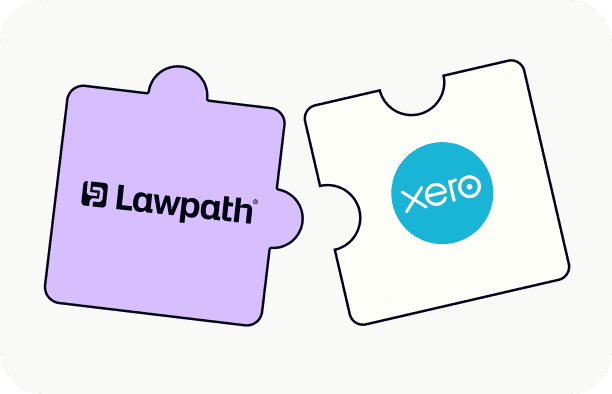Superannuation is a fund which Australian workers can access upon retirement. Employers take a percentage of each employee’s pay to contribute to the fund. This is to give employee’s a fund which can rely on in retirement and to ease pressure on the pension system. The rules for superannuation slightly differ depending on whether you are a sole trader or work in a partnership.
When is super mandatory?
Different superannuation rules apply for partnerships. Super contributions are only compulsory for employees who earn a wage or salary. A self-employed person (which includes a partner to a business partnership) is not employed by another person. Similarly, they do not earn a salary or wage via an employment contract. Therefore, they will not receive automatic, compulsory super contributions. Instead, they should assess whether they would like to voluntarily contribute to their super fund.
Making super contributions
How you pay super into your super fund will depend heavily on how you earn your income. If you pay wages to yourself, then you may also make a fortnightly before-tax payment into your super fund of 9.5%. Alternatively, if you pay yourself out of business revenue, then a lump-sum super contribution will be more convenient.
In any case, you will need to ensure you have set up a super fund. Before making contributions, you will also need to provide your TFN to your personal super fund so that they can accept contributions. Remember: super contributions are entirely voluntary when self-employed. You are not guaranteed super payments and it is up to you to decide how much you would like to set aside for your retirement.
Tax deductions
Making personal super contributions to a fund of your choice brings certain benefits with it. It is possible to claim tax deductions on super contributions made from pre-tax income. Any contributions made will count towards your concessional contributions cap. This is set at $25,000 per year. If you contribute more than that amount in one year, you may be liable for a higher tax rate on your contributions. However, if your super balance is less than $500,000, might be able to claim a deduction.
Intent to claim
Importantly, to claim a tax deduction, you will need to submit a ‘notice of intent to claim’ to your superannuation fund. You can use our eSignature tool to sign and legally validate any documents you may be required to submit. Super is a life-long investment and it is important that as a business owner, you make the right choices to safeguard your future.








